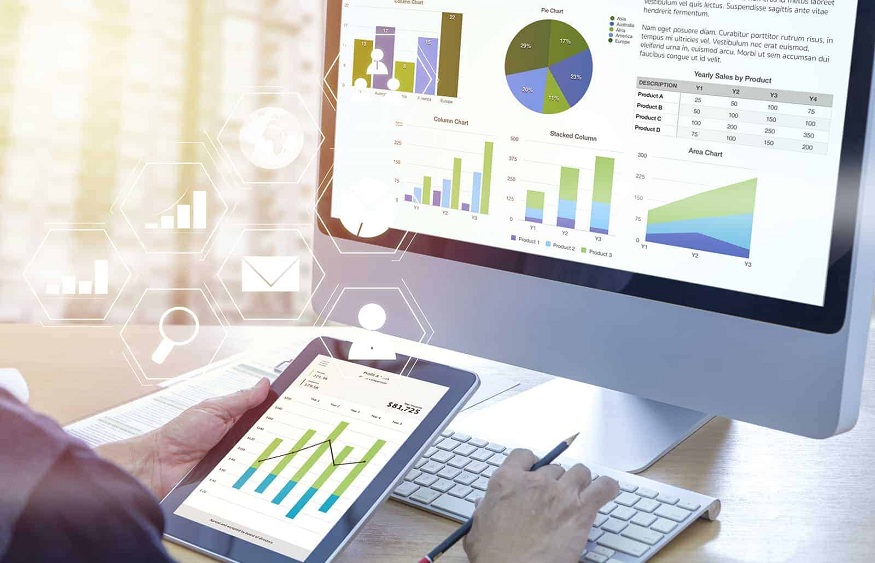We tend to think of technology in terms of digital computers and software but the very first technology that shaped accounting was the invention of numbers and symbols themselves. It is widely believed that the very first systems of writing were developed to take accurate records of things like livestock and harvests, essentially developing the basis for all human language so they could keep stock of their accounts. Basic symbols and numbers were the first “technology” to play a role in accounting.
Fast forward 4500 years and accounting has transformed significantly. Technology today is upending the accounting landscape by using advanced algorithms, accounting software, large datasets, and cloud-based computing to make informed decisions about business operations and make strategic plans for future growth.
The introduction of internet-connected mobile devices and the proliferation of secure digital accounting systems haverevolutionised the accounting process and new advancements are developed day to day. What does the role of technology in modern business accounting look like as it stands today?
How Technology is Transforming Accounting
The accounting profession is currently experiencing the most rapid transformation it has ever seen. Introducing modern technologies to one of the oldest professions in the world has led to some amazing advancements.
Real-Time Decision Making and Collaboration
Amal from accounting professionals Accountingpreneur said “Accounting firms today have 24/7 access to small business records, allowing them to avoid the inevitable time constraints of monthly or quarterly audits and view the books and financial statements as they are updated.” Seeing the information in realtime gives specific insights into a company’s financial health and can be used to make course corrections, or take advantage of opportunities, as they arise.
Using Automation to Avoid Human Error and Time-Consuming Tasks
Using software for automation purposes has removed the need to manually do data entry, reconciliation, and bookkeeping. These typically time-consuming tasks are now done automatically, with a higher degree of accuracy than ever before.
Artificial Intelligence and Machine Learning Assisted Accounting Processes
AI (artificial intelligence) and ML (machine learning) have been leveraged beautifully by this new wave of accounting programs. This is possible because of the large data sets that are produced when doing bookkeeping and disseminating the information from a company’s financials. These programs are designed to discover any flaws, remove redundancies, and give insights that may have been missed by the humans doing the books previously.
Cloud Computing for 24/7 Access and Updating
No need to wait till the bank opens on Monday to get your bookkeeping done! No need to even be in the country. Cloud computing has opened the world to small business owners, giving them the tools they need to be able to do their business abroad, with no fear that they will fall behind. These programs have impeccable data security and have multiple server stations, ensuring that the data will be available when it is necessary.
Digital Document Signing
The mighty pen was once needed to ensure the legal bond of signed papers and contracts. This tradition, while still significant, has been replaced by the digital document signature, which is more effective, convenient, and faster than the original process.
Accounting in the 21st Century
These technologies have made the art of accounting better than ever. As businesses and people continue to evolve, the accounting process will be right there, using the best technology has to offer to deliver the results business owners need and deserve.





